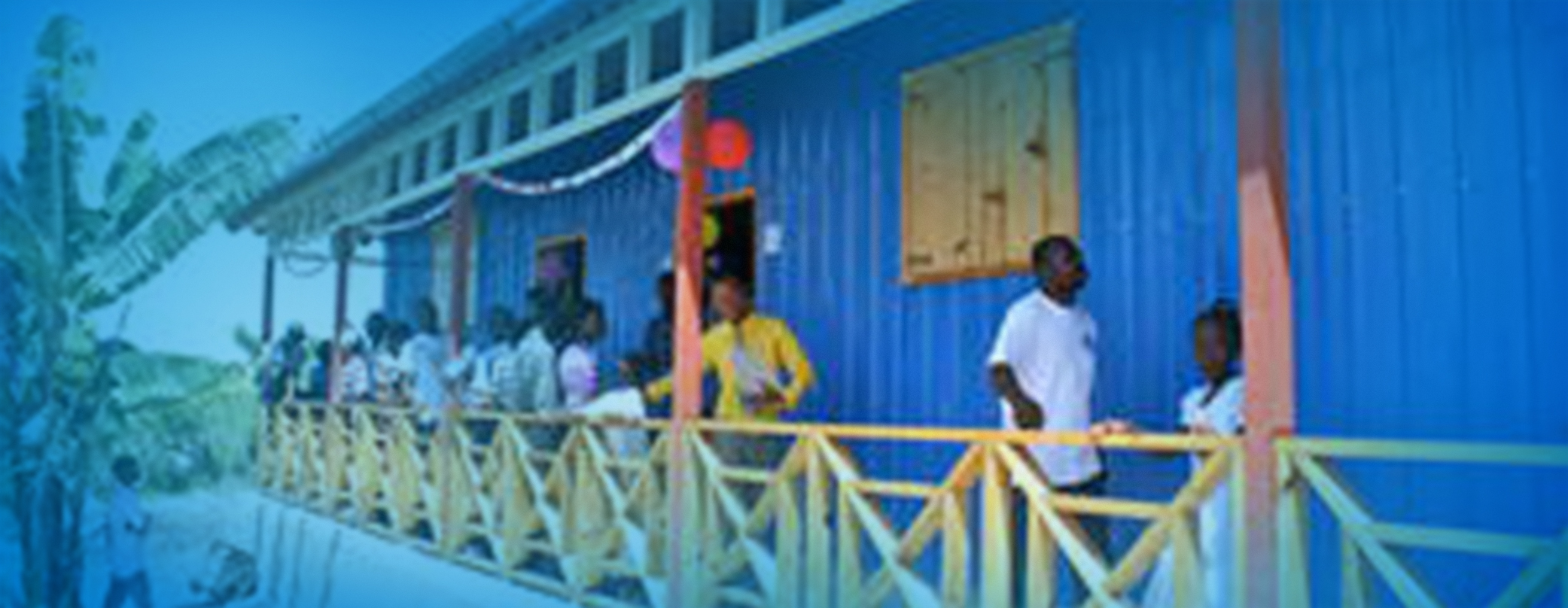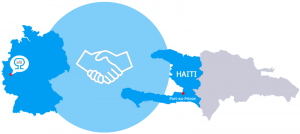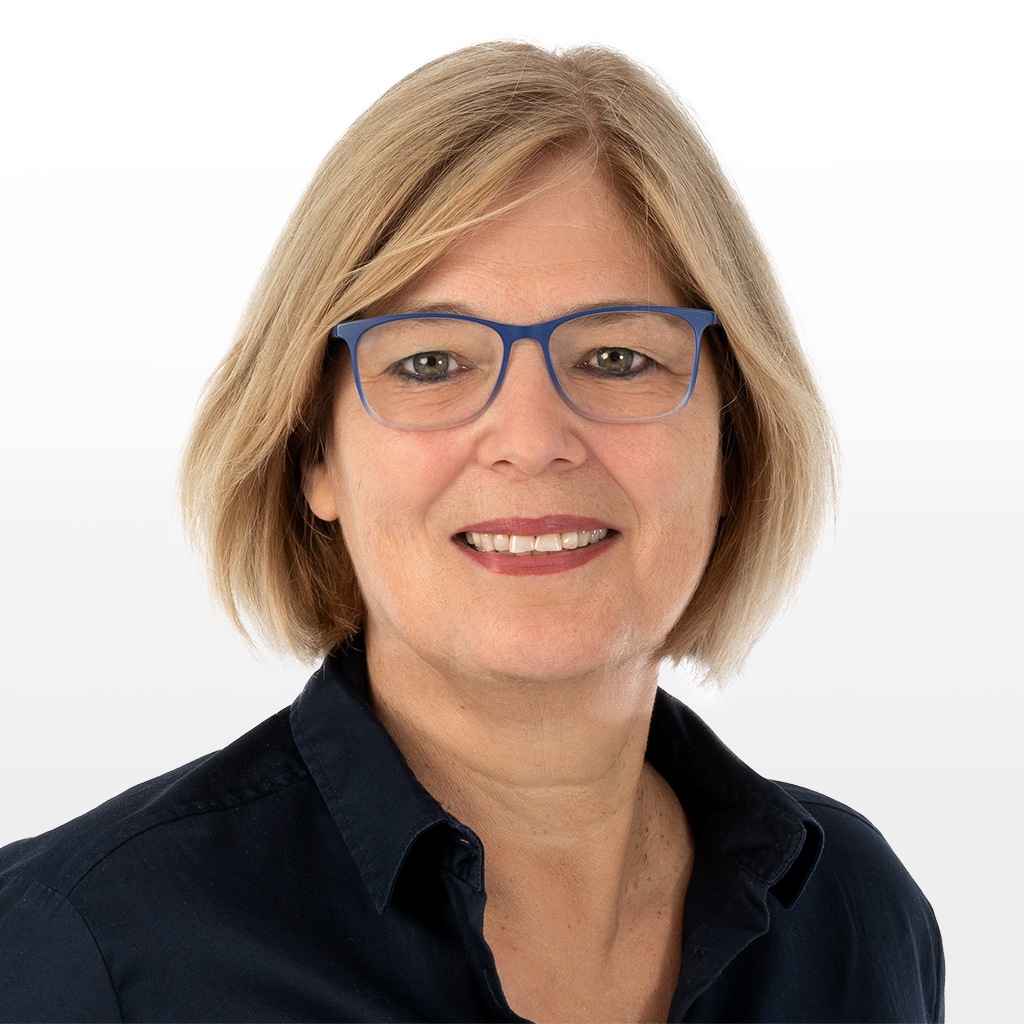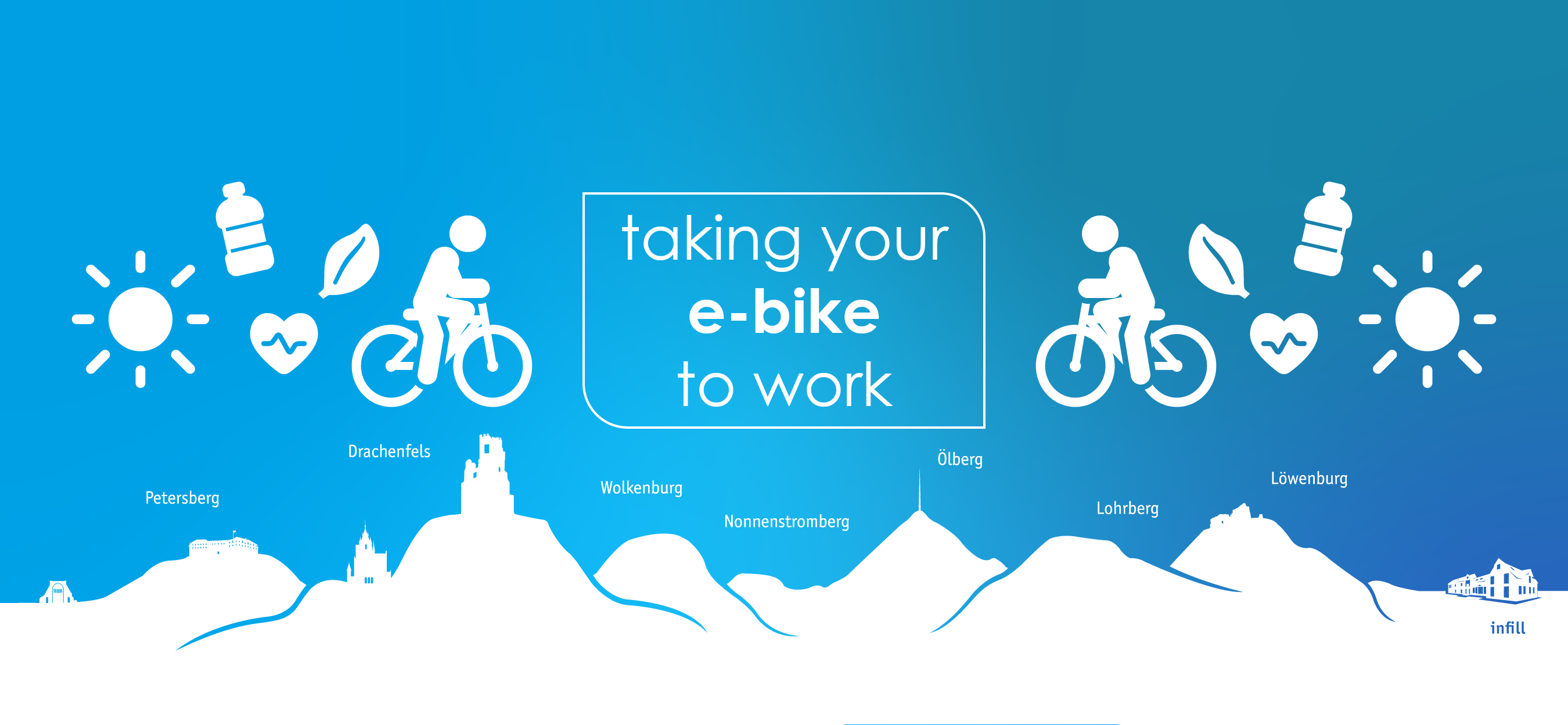Supporting children in Dicou – ‘our village’ in Haiti
Healthcare is very close to our hearts, it is at the core of our business and the centre of our corporate social responsibility approach
Studies show that health is most effectively improved through education1,2, even more so than via research and medical therapy. Educating children and families about healthcare, nutrition and hygiene encourages them to protect themselves against infections and other serious diseases, thereby reducing the number of affected people.3
The most effective approach in carrying this through lies in collaborating with experienced organisations that have an established infrastructure in the global healthcare system and also know people and cultures firsthand.3

Embracing this opportunity, we have joined forces with Kindernothilfe e.V., (German for “supporting children in need”) one of the largest non-governmental organisations for development cooperation in Germany. For over 50 years the charity has sought to improve living conditions in a sustainable manner and believes that children have, amongst others, a right to food, medical care and quality education.
infill is committed to supporting a small mountain area in Haiti including a small village called Dicou over the next few years. Our aim is to improve the conditions of 600 children and their families who live in extreme poverty on a sustainable basis.
Poverty there frequently forces parents to send away their children in the hope that they will find a better life in the cities. Reality often looks different and instead of going to school, the children may be forced to do heavy housework for the families they live with in return for little food and a space to sleep on the floor.

Kindernothilfe e.V. has been working with organisations on the ground to improve poverty and access to schooling. The initiative enables people in Dicou to have access to education – by providing wages for teachers and learning materials for the communal school as well as sponsoring an adult literacy programme. The school grows food in its own garden for the daily school dinners that are offered to the pupils for free. So the children receive better nutrition while learning about sustainable farming at the same time. By also providing the villagers with basic hygiene facilities, medication and first aid utensils, we hope that life in Dicou can be improved not only now, but for future generations to come.
Watch this site for further news from the village.
- Organisation for Economic Co-operation and Development: www1.oecd.org/edu/innovation-education/37425753.pdf
- National Bureau of Economic Research; Education and Health: Evaluating Theories and Evidence: http://www.nber.org/papers/w12352.pdf
- SWR3 podcast; Interview with Prof Detlev Ganten









